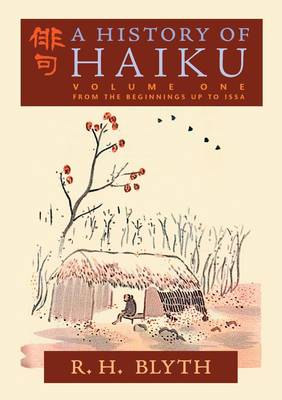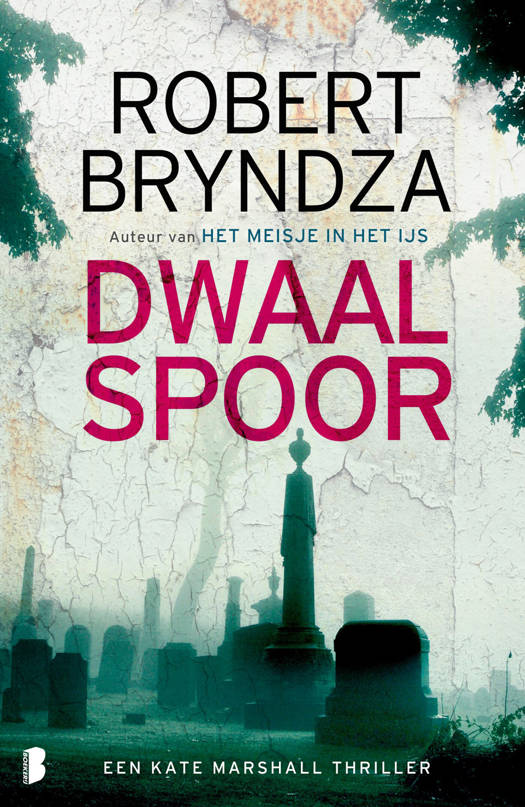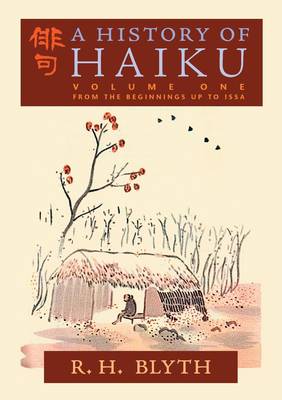
- Afhalen na 1 uur in een winkel met voorraad
- Gratis thuislevering in België vanaf € 30
- Ruim aanbod met 7 miljoen producten
- Afhalen na 1 uur in een winkel met voorraad
- Gratis thuislevering in België vanaf € 30
- Ruim aanbod met 7 miljoen producten
Omschrijving
Of all forms of poetry and literature, haiku is likely the least amenable to chronological treatment. Haiku comprises moments of vision, and a "history of moments" is hardly achievable. If we were to choose one for such a task, however, a strong case could be made for Reginald Horace Blyth (1898-1964). Best known for his acclaimed four-volume haiku anthology, Blyth's appreciation and understanding of haiku and its motives are perhaps unequaled by any Westerner. In selecting the outstanding works of as many poets as possible, Blyth presents readers with a true vision of the history of haiku, taking care to highlight its ups and downs, its masters and its failures, but more than anything, its unique ability to communicate the incommunicable.
The first of two volumes, this book introduces the reader to the major themes of haiku, as well as illustrating its development from other styles such as hokku and renga. The reader is then guided through the poetry of the greatest haiku masters, including Bashō, Buson, and Issa. Together with its companion volume, this is a superb introduction to this ever ancient, ever new poetic form.
Specificaties
Betrokkenen
- Auteur(s):
- Uitgeverij:
Inhoud
- Aantal bladzijden:
- 462
- Taal:
- Engels
Eigenschappen
- Productcode (EAN):
- 9798886770018
- Verschijningsdatum:
- 11/05/2022
- Uitvoering:
- Paperback
- Formaat:
- Trade paperback (VS)
- Afmetingen:
- 148 mm x 210 mm
- Gewicht:
- 598 g

Alleen bij Standaard Boekhandel
Beoordelingen
We publiceren alleen reviews die voldoen aan de voorwaarden voor reviews. Bekijk onze voorwaarden voor reviews.













